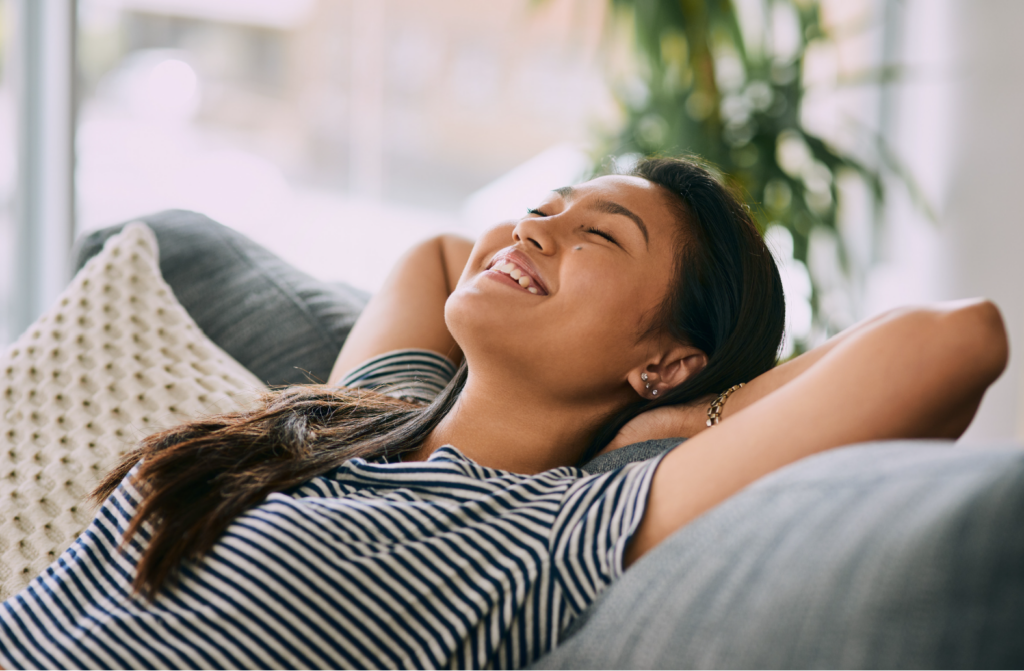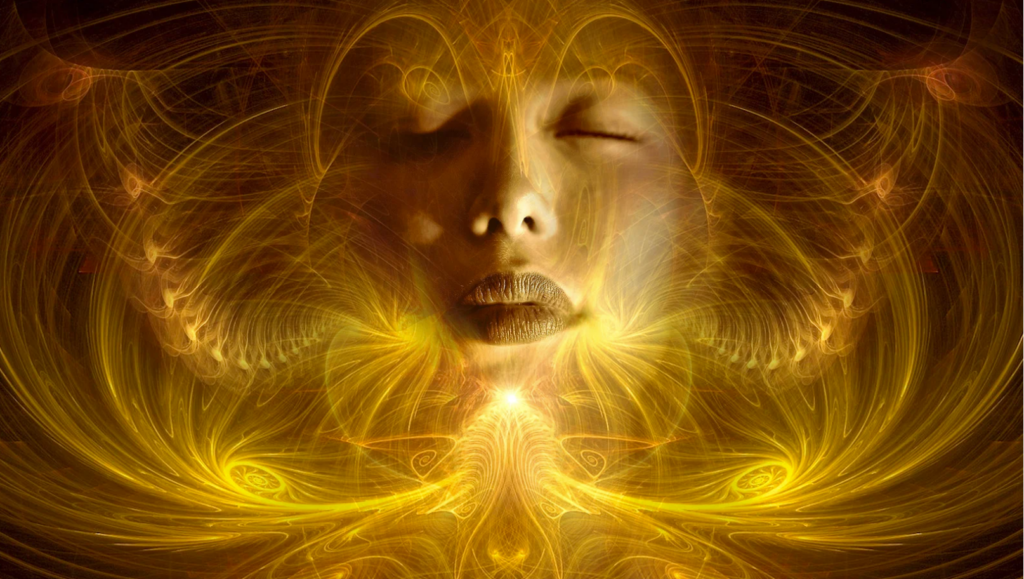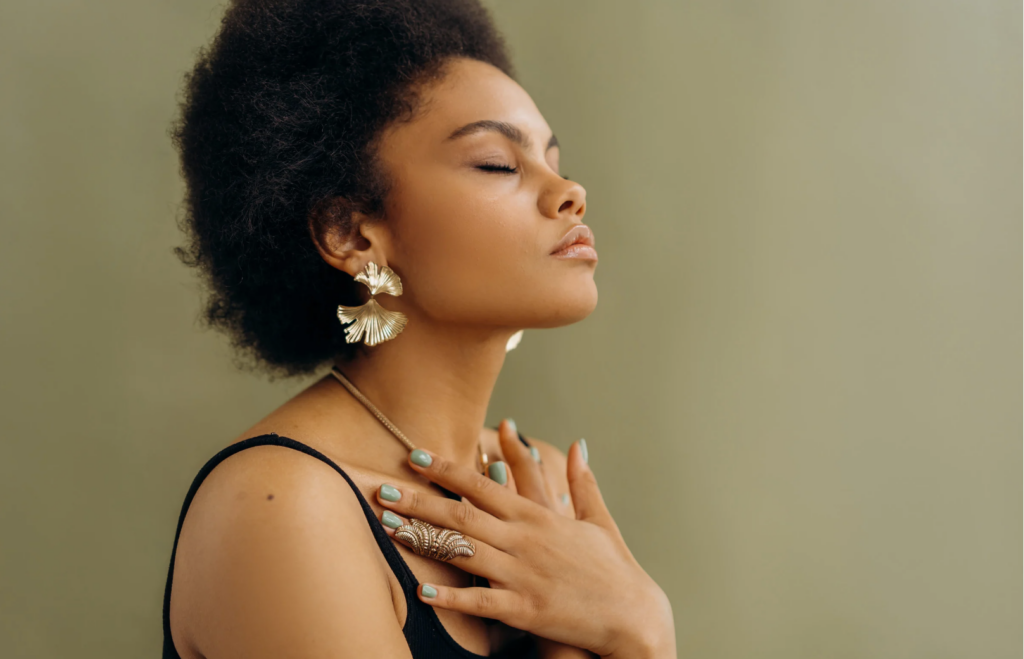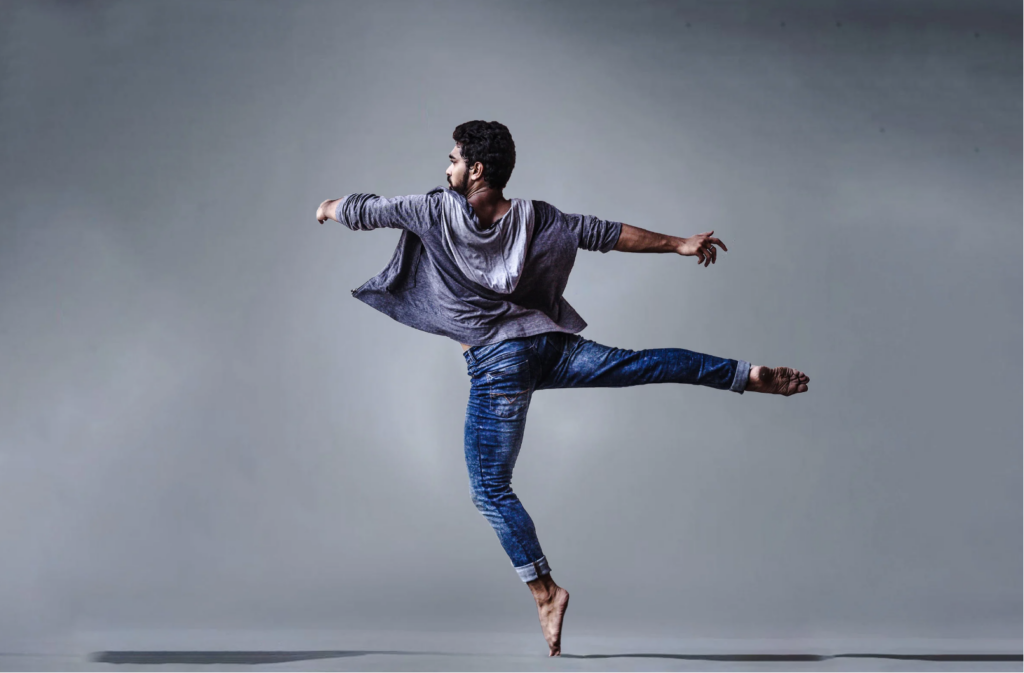Making Intuition Your Superpower
What if there is knowledge inside of you that you can trust; more than Google, your mom or best friend? What if you could use that “knowing” to discern when a loving romantic partner, a lucrative project or loyal friends show up in life? And their opposites? Did you know your intuition can be a superpower?
“I believe in intuition and inspiration…I sometimes FEEL that I am right .I do not KNOW that I am.” ― Albert Einstein
Introducing your intuition
Think back to a time where you made a decision about a relationship, work project or acquaintance which you deeply “knew” wasn’t a good idea but you did it anyway. How did it turn out? If, like most of us, your answer is “not too great”, you may have been tapping into your superpower of intuition. But, as at times most of us do, not listening to it!
Intuition can be defined as our ability to know something without proof or conscious reasoning, without understanding how that knowledge was acquired.
Scientific studies suggest that so-called “gut feel” is more than just a “woo-woo” concept. In fact, research shows that an intuition superpower can help us make faster, more accurate and confident decisions. Especially complex ones. Even the U.S. military is developing ways to train troops to make better and quicker choices during combat using their intuition.
How can intuition be a superpower?

Some of the world’s most accomplished people agree that following their intuition helped them make the choices that guided them towards their goals and dreams. Steve Jobs is quoted in his biography acknowledging that “Intuition is a very powerful thing, more powerful than intellect, in my opinion. That’s had a big impact on my work.”
Huffpost founder Arianna Huffington also states in her book “Thrive” “…our intuition is always there…always trying to steer us the right way. But can we hear it?…Are we living a life that keeps the pathway to our intuition unblocked? Feeding and nurturing our intuition…is one key way to thrive, at work and in life.”
With access to unlimited online information and working in analytical industries like finance, we generally train ourselves to respond to modern life by logically crunching external facts and figures. But what if we could develop a deeper connection to our inner knowing to compliment our analytical minds?
Where does our intuition superpower come from?
It could be that intuition comes from the subconscious mind providing us with more information from everything we’ve ever experienced than we can keep in our conscious working memory. Maybe our gut feel stems from an inherent human instinct; a connection to a collective human consciousness; or “the Universe”.

Wherever it comes from: your intuition can guide you towards the people, projects and places that feel fulfilling, rewarding and aligned with who you really are. Personally, it has also helped me with emotional self-regulation. I intuitively “know” and trust the answers that I would have previously asked friends and family for extensive help with.
Growing up in a big city, graduating with a science degree and working in a highly logical job; initially I felt more than slightly uncomfortable about fully trusting my intuition. I’d often get stuck about what to do with complex decisions. After feeling a little lost after the break-up of a long-term relationship (which I took a while to follow my gut about); I decided to try out following my intuition. Now, a few years into this experiment: my life is full of people who inspire and energize me. I’m working in an industry I love for a purpose I am passionate about (helping improve people’s mental well-being). I’m also guided to experiences I couldn’t have imagined.
How did I do it? Here are some useful tools to help develop a stronger connection with your intuition:
1. Start small
If, like I did, at first you find trusting your intuition tricky; start by using your gut for everyday decisions. For what to eat for dinner or which route to take home. Follow your inner knowing and see what happens. Synchronicities, or meaningful coincidences, may quickly start showing up as a result of these seemingly insignificant choices. See if you bump into someone you know (or new) who you feelt a connection with. Maybe you’ll learn of something which becomes useful shortly afterwards.
As you see where following it starts to take you, you may find yourself increasingly trusting in and being grateful for your intuition. Using this self-confidence, you can build up to using your gut to help guide you on the bigger stuff. Deepak Chopra’s “Synchrodestiny” book helped me to get going. Staying present and aware of new opportunities, your surroundings and the people around you is also important. This is highlighted by Richard Wiseman’s research on good (and bad) fortune in his book “The Luck Factor”.
2. Develop a regular meditation practice
Studies have found that meditation can help us stay more present and attentive to the here and now. This helps us to be more aware of the intuitive responses we feel both during and after meditation. Over time, the habit of regularly inwardly checking in, even for just a few minutes, can help quieten our “monkey mind”. It adds more space between our thoughts. When we the take time to sit quietly still, we better hear our inner voice. We uncover the gut feelings and intuitive answers that lie just beneath our racing thoughts.
Insight Timer, Headspace and Calm meditation apps; or in-person classes at a meditation studio near you can be great to help build a meditation habit. Just like exercise, the benefits build up gradually over time. Along with a whole host of other science-backed benefits; I’ve found regular meditation to be one of the best ways to connect to my intuition.
Try making notes of anything that came up during a meditation session, or free-write for a set period of time. When you have a lot going on in your head, this can help your intuition bring up clarity and answers.
3. Work out where you physically feel intuition

Sometimes it’s hard to tell whether you feel like doing something (or not) because you know intuitively, or because of fear. For example, are we nervous about what someone might say, or intuitively know it’s not right for us to spend time with them? To help distinguish between the two, notice where in your body you feel fear versus intuition.
Get started by observing yourself in more obvious fear and intuition-driven scenarios. Sit still, close your eyes and think about something you know that frightens you (e.g. spiders, public speaking). Then think of something you intuitively know is good for you. For example, time spent with a supportive friend or on a project you love. Feel where fear and intuition each come up in your body. With practice you may notice that you consistently feel them in a specific way and place.
I pretty consistently feel fear as a tightness in my chest. My intuition is a tingling at the back of my head. Some people also feel their emotions in other areas like their stomach, throat or forehead. Make a note of where you feel fear vs. intuition. Over time your physical reaction to different situations can help guide you in your decision-making.
Another technique is to stand relaxed, and say out loud “Give me a yes”. Wait a few seconds, and notice what sensations or reactions come up. You may feel a tingling, a tensing or a light or heavy feelings. Shake them off, and then do the same for “Give me a no”. Noting what happens in your body when it feels a “yes” or a “no” gives a better idea of how your gut responds to a situation.
4. Enjoy getting creative
Try a creative activity that’s unstructured (with few rules or instructions) and you enjoy. This takes us out of our analytical mind and into creating something from an inner knowing instead. Studies have shown that the pathways in our brain for analytical and emotive thinking mutually block each other out. When we pause our analytical thinking, creative thought pathways become clearer and vice versa.
Which activity you practice is totally up to you. You could try, for example, an art class, improv, music or dancing. Just make sure it’s something that brings you joy and relies on trusting your creative flow. It can be useful to think about which creative activities you enjoyed as a child.
Did you love singing or painting? If you were a professional artist or performer, what would you be doing?

In my case, taking up flowy ecstatic dance and learning energy healing (with Reki Maya) practiced “going with the flow” to help me trust my intuition.
5. Make a temporary decision and see how you feel
If you find your mind cycling through different options: tell yourself for half a day you’ve chosen one. See what your gut response is. Do you feel relieved and relaxed with your choice? Or are you upset or annoyed about missing out on the other one(s)? You can try this for all of the options you have and compare how you feel for each one.
Similarly, you can also try this technique out with someone you trust. Let them know you are mulling something over, ask for their thoughts. Thank them and observe internally what your gut reaction to their opinion is. Often when our brain thinks one option is being “taken away” from us, our intuition will come up stronger than when we simultaneously evaluate several options.
6. Ask whether your decision will also help others
If a choice is likely to help us to serve others whilst meeting our own needs, it could be our intuition superpower guiding us. Sometimes, if something is likely to only serve ourselves, it is our ego rather than intuition making a decision.
I believe that intuition guides us on a journey that is not only best for us, but for humanity as a whole. If we feel a decision we are making is likely to harm other people, it’s probably fear or a sense of lack vs. our intuition that is guiding our hearts towards it.
To conclude on intuition as a superpower
Over time, practicing these techniques can help you tap into intuition as a superpower. This provides a feedback loop that encourages us to trust it more, as we see beautiful results in my life.
Practical factors like our resources and responsibilities also play a critical role in what we decide to do. Some of our greatest life lessons come from times when we choose not to follow our intuition. For example, the growth we can experience after dating someone we felt unsure about from the start. However, if we can learn to hear our intuition, we can use this valuable self-generated tool as a superpower to help us decide when and how we respond to it. Ultimately, we learn to trust ourselves more deeply.
Thanks for reading. If you have any comments or questions please comment below, or contact me here.
Leave a Reply Cancel reply
Let’s Stay Connected ✨
Get wellness event invites, personal growth insights, and powerful coaching prompts, plus recommended reads and inspiration to help you thrive each month.